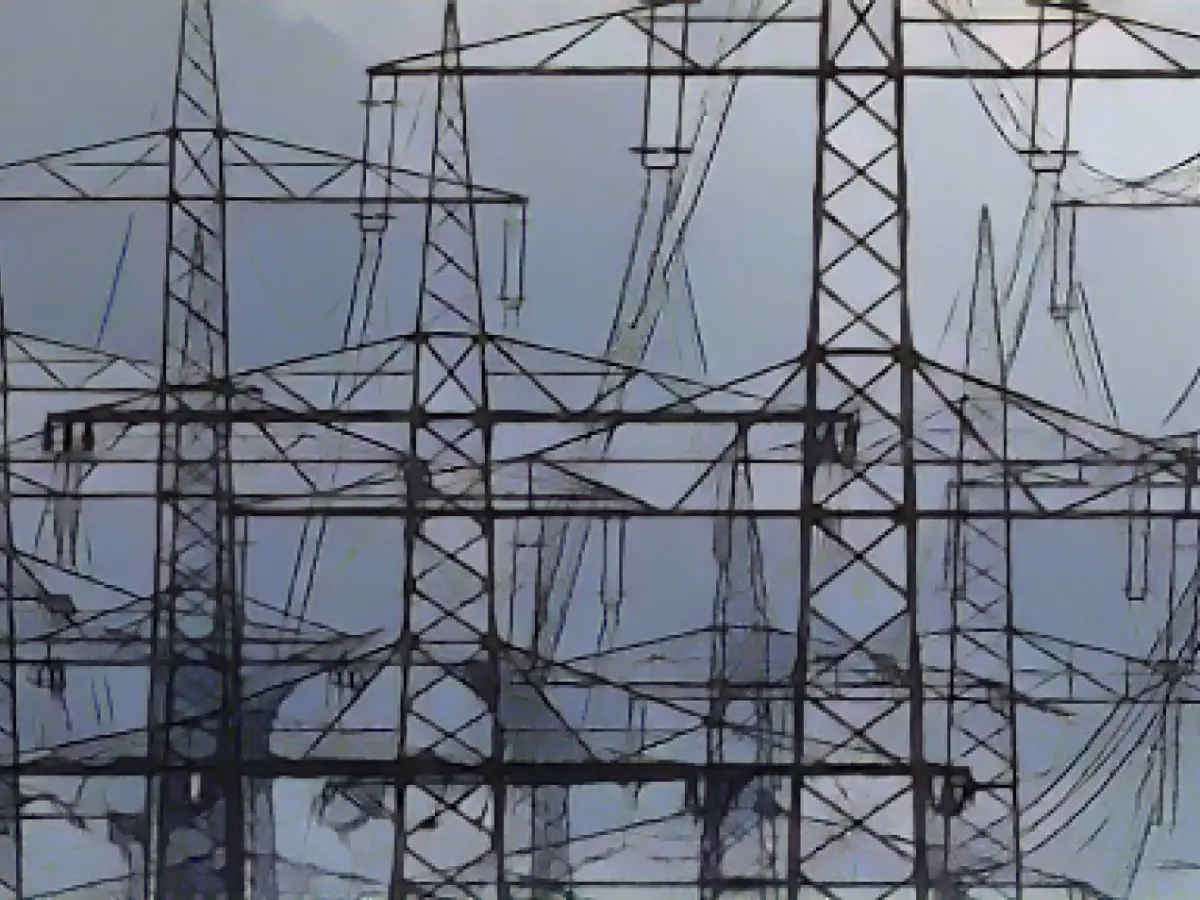Energy - EU: Better protect consumers from escalating electricity prices
Consumers in the EU are to be better protected from escalating electricity prices in future. Negotiators from the EU countries and the European Parliament agreed on a reform of the European electricity market early this morning in Strasbourg.
In addition to more stable prices, the changes are intended to promote the expansion of renewable energies. The compromise still has to be formally confirmed by the EU Parliament and the federal states.
Calls for a reform of the European electricity market had become loud due to extremely high electricity prices last year. The reason for the high prices included exploding gas prices due to the Russian war of aggression against Ukraine. It was also noticeable that around half of France's nuclear power plants were temporarily out of operation.
Core element of the reform proposals
The basis for the agreement that has now been reached was a legislative proposal from the EU Commission in the spring. This envisages giving private individuals the right to fixed-price contracts as well as contracts with dynamic prices.
According to the member states, a core element of the reform proposals are new long-term contracts between governments and electricity producers, so-called Contracts for Difference (CfDs). With these contracts for difference, states guarantee electricity producers a minimum price for electricity when they make new investments.
According to the Commission, this should apply to investments in renewable energies and nuclear power. If the market price falls below an agreed price, the state steps in and makes up the difference. If the price is higher, the surplus goes to the state. This is intended to create incentives for the domestic production of clean electricity.
Criticism of the agreement
In principle, the electricity market in the EU will continue to function according to the merit order principle. This refers to the order in which the power plants offering electricity on the electricity exchange are deployed. Power plants that can produce electricity cheaply will be used first to cover demand. These are wind power plants, for example. In the end, however, the price is based on the last power plant to be switched on, i.e. the most expensive - often gas-fired power plants.
The Green Group in the European Parliament cannot support the agreement reached, said German MEP Michael Bloss. "One day after the historic agreement at the climate conference in Dubai, the EU is deciding on new fossil fuel subsidies for the dirtiest coal-fired power plants. This makes the EU completely untrustworthy." With this agreement, the EU can immediately relinquish its distinction as a climate pioneer.
Read also:
- This will change in December
- German activists speak out in Dubai on suffering in Israel and the Gaza Strip
- Despite UN vote: fighting between Israel and Hamas in the Gaza Strip continues
- Nuclear fusion - hype or solution to energy problems?
- The agreement in Strasbourg aims to protect EU consumers from increasing electricity prices in the future, particularly due to high gas prices caused by Russia's aggression against Ukraine.
- The EU Parliament and EU countries have agreed on changes to the European electricity market, promoting renewable energy expansion and offering consumers flexible price contracts.
- Criticism of the agreement has been raised by the Green Group in the European Parliament, claiming it undermines the EU's climate leadership by subsidizing fossil fuel-powered plants.
- The new arrangement, based on a legislative proposal by the EU Commission, includes the introduction of Contracts for Difference (CfDs), which secure minimum electricity prices for investors in renewable energy and nuclear power.
- Some European countries, like France, have faced challenges in maintaining electricity production due to technical issues with nuclear power plants and soaring energy costs, contributing to the need for market reform.
- The future of the European electricity market rests on ensuring a balance between providing affordable energy, promoting sustainable energy sources, and navigating geopolitical tensions affecting energy prices and supply.
Source: www.stern.de







